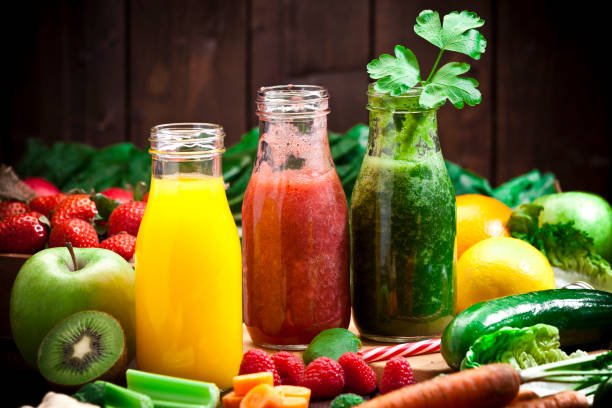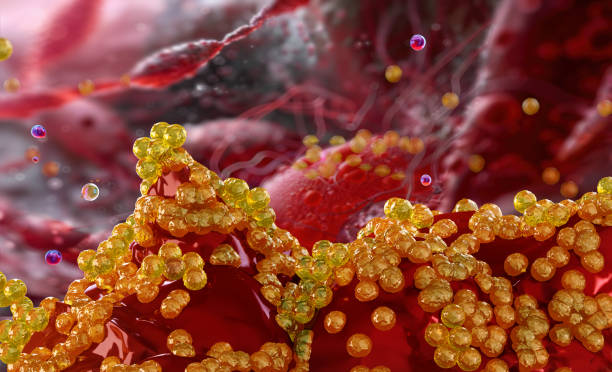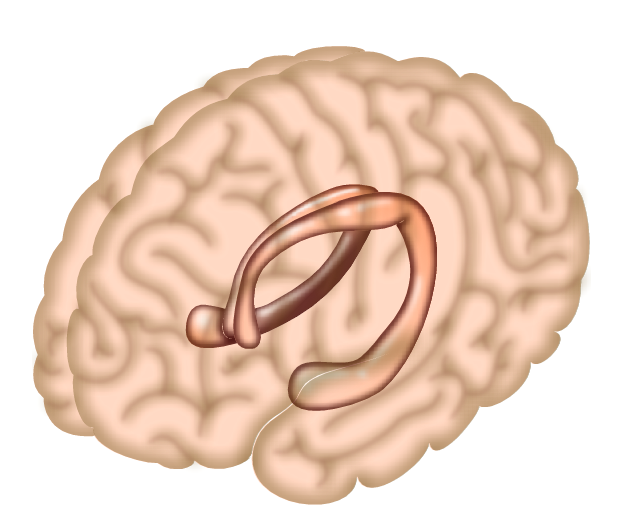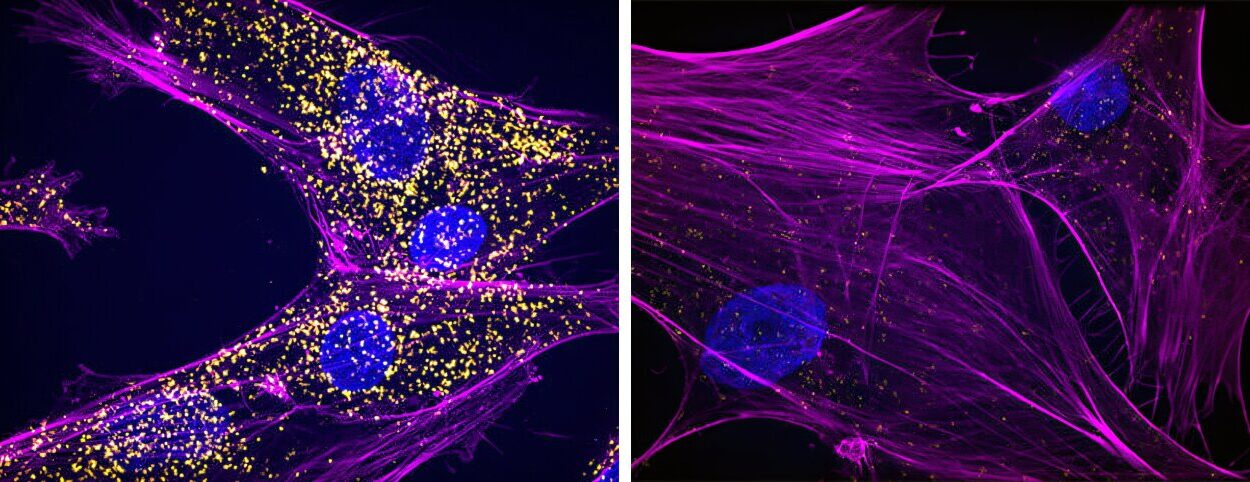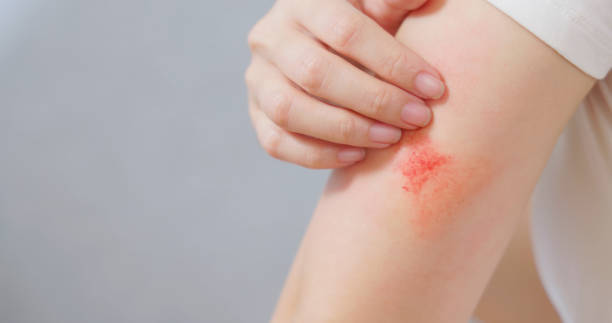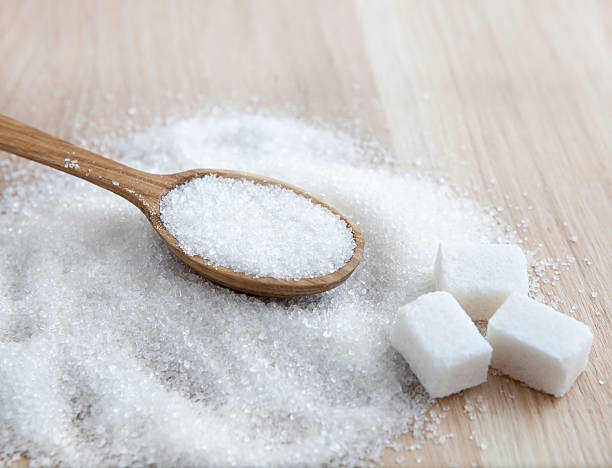In recent years, “detox” has become a buzzword in the world of wellness. Scroll through social media or browse any health magazine, and you’re bound to stumble upon glowing testimonials about juice cleanses, herbal teas, or detox diets that promise to flush toxins, jump-start weight loss, and rejuvenate your body. Celebrities endorse them, influencers swear by them, and health food companies rake in millions from their popularity. The appeal is magnetic: who wouldn’t want to feel lighter, cleaner, and healthier—fast?
But beneath the shiny veneer of green smoothies and lemon-cayenne drinks lies a complicated, and often misunderstood, truth. Are detox diets really effective? Do cleanses actually rid your body of harmful substances? Or is it all just clever marketing with little scientific backing?
In this comprehensive article, we’ll explore the origins of detox diets, what they claim to do, how the body naturally detoxifies itself, and what science really says about their effectiveness. We’ll look at the risks, the benefits (if any), and provide a grounded, evidence-based understanding of this modern health trend.
The Origins of Detoxing: From Ancient Rituals to Instagram Trends
Detoxing isn’t new. The idea of purifying the body from within has roots that go back thousands of years. In ancient cultures—such as Ayurvedic practices in India, Traditional Chinese Medicine, and even in ancient Greek medicine—cleansing the body was believed to restore balance and health. Fasting was often spiritual as well as physical, a means to reset both mind and body.
Fast forward to the 20th and 21st centuries, and detoxing has taken a dramatic turn. Modern detox diets and cleanses are marketed not only as health regimens but also as miracle cures for bloating, fatigue, acne, weight gain, and even more serious ailments. The detox industry now includes everything from 3-day juice fasts and colon cleanses to supplements, detox teas, patches, and foot baths.
But how much of this is rooted in real health science, and how much is rooted in commercialized pseudoscience?
What Do Detox Diets Claim to Do?
Detox diets and cleanses come in many forms, but they all promise one primary goal: to remove “toxins” from your body. These supposed toxins are often vaguely described—pollutants, chemicals, heavy metals, processed foods, or metabolic waste products.
Some popular claims include:
- Eliminating harmful substances from the liver and kidneys
- Improving digestion and gut health
- Giving the skin a radiant glow
- Promoting rapid weight loss
- Boosting energy levels
- Strengthening the immune system
Different detox programs approach this goal differently. Some recommend fasting or eating only fruits and vegetables. Others advise drinking only juices, smoothies, or special teas. More extreme versions suggest enemas or colon irrigation to “flush out” toxins from the digestive tract.
But what exactly are these toxins? And do they really accumulate in your body in the way these diets suggest?
How Your Body Detoxifies Naturally
Here’s the most important truth about detoxing: your body already has a built-in detoxification system, and it’s highly effective. Your liver, kidneys, lungs, skin, and gastrointestinal system are constantly working to filter and eliminate harmful substances.
The liver plays a central role in breaking down toxins and turning them into substances that can be excreted through bile or urine. The kidneys filter the blood to remove waste and excess fluids. The lungs expel carbon dioxide and other gases. Your intestines move waste material out of the body, and your skin eliminates certain compounds through sweat.
These processes happen 24/7, with incredible precision. If your body truly couldn’t detoxify itself, you’d be in a hospital—or worse. The medical conditions that impair these functions, like liver failure or kidney disease, are serious and require professional intervention.
So while detox marketers may suggest your body is burdened by mystery toxins, the scientific reality is that your organs are already hard at work keeping you clean from the inside out.
What Does Science Say About Detox Diets?
The scientific evidence supporting detox diets is, to put it mildly, thin. Most detox programs lack rigorous, peer-reviewed studies showing that they remove toxins or significantly improve health.
Many studies that do exist are small, poorly designed, or conducted by groups with commercial interests. According to a 2015 review published in the Journal of Human Nutrition and Dietetics, there is no compelling evidence to support the use of detox diets for weight management or toxin elimination. The authors concluded that more high-quality research is needed—but that consumers should be cautious about extravagant claims.
That’s not to say you won’t feel different after a detox. Cutting out processed foods, sugar, alcohol, and caffeine for a few days can lead to improvements in how you feel. You may feel lighter, more energetic, and mentally clearer—but this is likely due to removing unhealthy foods, not flushing out toxins.
In fact, much of the initial weight loss associated with detox diets is water weight, not fat loss. The body stores carbohydrates with water, so when you cut carbs or go on a liquid diet, you lose water weight quickly. But this weight often returns once you resume a regular diet.
Placebo Effect: The Psychology of Detoxing
There’s another layer to this puzzle: the placebo effect. When you believe something will make you feel better, it often does—at least temporarily. The act of committing to a detox diet, preparing healthy foods, and taking time for self-care can feel empowering and rejuvenating. You may sleep better, think more clearly, and even experience fewer digestive issues.
This psychological component is real and shouldn’t be dismissed. But it also means that the benefits may be coming from behavioral changes, not the detox itself. Drinking more water, eating more fruits and vegetables, getting better sleep, and reducing stress can all contribute to a sense of wellbeing—and these are changes worth keeping, with or without a cleanse.
Hidden Dangers: When Detoxing Goes Too Far
While short detox diets may not be harmful for healthy individuals, extreme versions can pose real risks. Juice fasts that severely restrict calories can lead to fatigue, dizziness, nutrient deficiencies, and muscle loss. Colon cleanses can disrupt gut bacteria and cause dehydration. Herbal supplements may interact with medications or contain unregulated ingredients.
Some detox products have been linked to liver damage, particularly when they contain high doses of unknown or untested herbs. In one instance, the FDA issued warnings about detox teas containing senna, a natural laxative that can be dangerous in large amounts.
There’s also the risk of disordered eating. For some people, detox diets can trigger unhealthy food obsessions, guilt around eating, or even pave the way for eating disorders. The culture of “cleansing” often promotes a moral hierarchy of food—where “clean” is good and “toxic” is bad—which can damage your relationship with food and your body.
The Marketing Machine Behind Detox Culture
It’s no coincidence that detoxing exploded alongside the rise of influencer culture and wellness branding. The detox industry is a multi-billion dollar market, filled with products that are visually appealing, Instagram-friendly, and celebrity-endorsed.
Marketing for detox diets plays on fear and aspiration. It suggests that your body is dirty or contaminated and needs purification. It offers a simple solution to complex problems—eat this, drink that, and everything will be better. It taps into deep psychological desires: the wish to start fresh, to undo damage, to feel in control.
Yet the language of detox is rarely backed by transparency. Many products don’t specify what toxins they claim to remove, or how. Few provide scientific evidence. Instead, they rely on testimonials, buzzwords, and the illusion of science—phrases like “clinically tested” or “proprietary blend”—to lend credibility.
In essence, detox culture sells you a problem you didn’t know you had, and then sells you the solution.
What You Can Do Instead: Real Ways to Support Your Body
If you’re drawn to the idea of detoxing because you want to feel better, that’s valid. But instead of relying on expensive juices or restrictive plans, there are proven, sustainable ways to support your body’s natural detox systems.
Start by staying hydrated. Water is essential for kidney function and flushing waste. Eat plenty of fiber from fruits, vegetables, and whole grains to keep your digestive system moving. Incorporate antioxidant-rich foods—like berries, leafy greens, and nuts—to help neutralize harmful compounds.
Exercise regularly to support circulation and metabolism. Get enough sleep, as your body performs critical repair and detox functions during rest. Avoid excessive alcohol, smoking, and processed foods, which can burden your liver and digestive system.
In short, living a healthy lifestyle is the best “detox” there is—and it doesn’t come in a bottle.
The Social and Emotional Side of Detoxing
It’s also important to acknowledge the emotional appeal of detoxing. Many people turn to cleanses during times of transition—after a breakup, during a new year, following illness, or before a big event. Detoxing becomes symbolic, a ritual to shed the old and embrace the new.
That emotional motivation can be powerful, and even helpful, if it leads to healthier choices. But it can also become problematic if it reinforces guilt, shame, or the idea that your body is something to be constantly fixed.
Your body is not a toxic wasteland in need of constant purification. It’s a dynamic, intelligent system that deserves care and respect—not punishment.
The Bottom Line: Separating Fact from Fiction
Detox diets and cleanses may offer a short-term sense of control, a temporary energy boost, or an initial weight drop—but they’re not miracle solutions. Most of the benefits people experience are due to cutting out harmful habits or the placebo effect, not the detox product itself.
More importantly, your body is fully equipped to detoxify itself, every single day. Instead of chasing quick fixes, focus on long-term habits that truly nourish and support your well-being.
In the end, the best detox isn’t a cleanse—it’s a lifestyle grounded in real food, balanced nutrition, movement, sleep, and self-compassion. And that’s a truth worth investing in.
